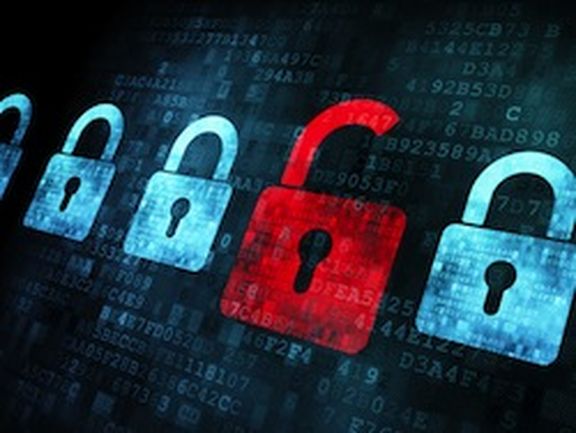If hackers were to attack the U.S. power grid, the insurance industry could face losses of about $21 billion a U.K.-based report found even as a Morning Consult poll showed that cyber attacks on infrastructure weigh heavily on the minds of American voters.
“Business Blackout: the insurance implications of a cyber attack on the U.S. power grid,” a study (PDF) from the Centre for Risk Studies at Cambridge University and insurer Lloyd's of London, found that such an attack would have an impact on multiple types of insurance.
“While there have been large individual business losses attributed to cyber attacks, there have, at the date of writing, been no examples of catastrophe-level losses from a widespread cyber attack affecting many companies and insurers at the same time,” the report said.
But if attackers shut down enough segments of the grid to leave 15 states and Washington, D.C. without power, the researchers estimated the economic losses could be anywhere from $243 million to $1 trillion, depending on the severity and reach of the attacks. The study lays out a possible scenario in which attackers study the grid and launch an attack, then researchers attempt to gauge its impact.
Putting a dollar amount on “a relatively young phenomenon” with just “a short history of claims experience available to calibrate the likelihood of future risk” with “ no examples of catastrophe-level losses from a widespread cyber attack having a severe impact on many companies all at once,” is difficult, the study indicated. However, based on “historical outages and indicative modeling,” researchers said power interruptions, most of which last five minutes or less, cost the U.S. economy about $96 billion. Still, the analysis suggested the cost may be more likely in the range of $36 billion to $156 billion. Commercial and industrial sectors pick up 95 percent of the costs of outage since they are dependent on electricity for production.
All that adds up to “an unusual insurance risk,” the study said.
And a risk that has American voters worried. A Morning Consult poll found that 32 percent of voters consider cyber attacks a major threat, putting them just behind terrorism, which, at 36 percent, was the top threat.
Among GOP voters, terrorism garnered 45 percent of the vote with cyber attacks getting just 25 percent. Democrats believe cyber attacks (38 percent) to be the bigger threat, while terrorism claimed 31 percent of the vote.



